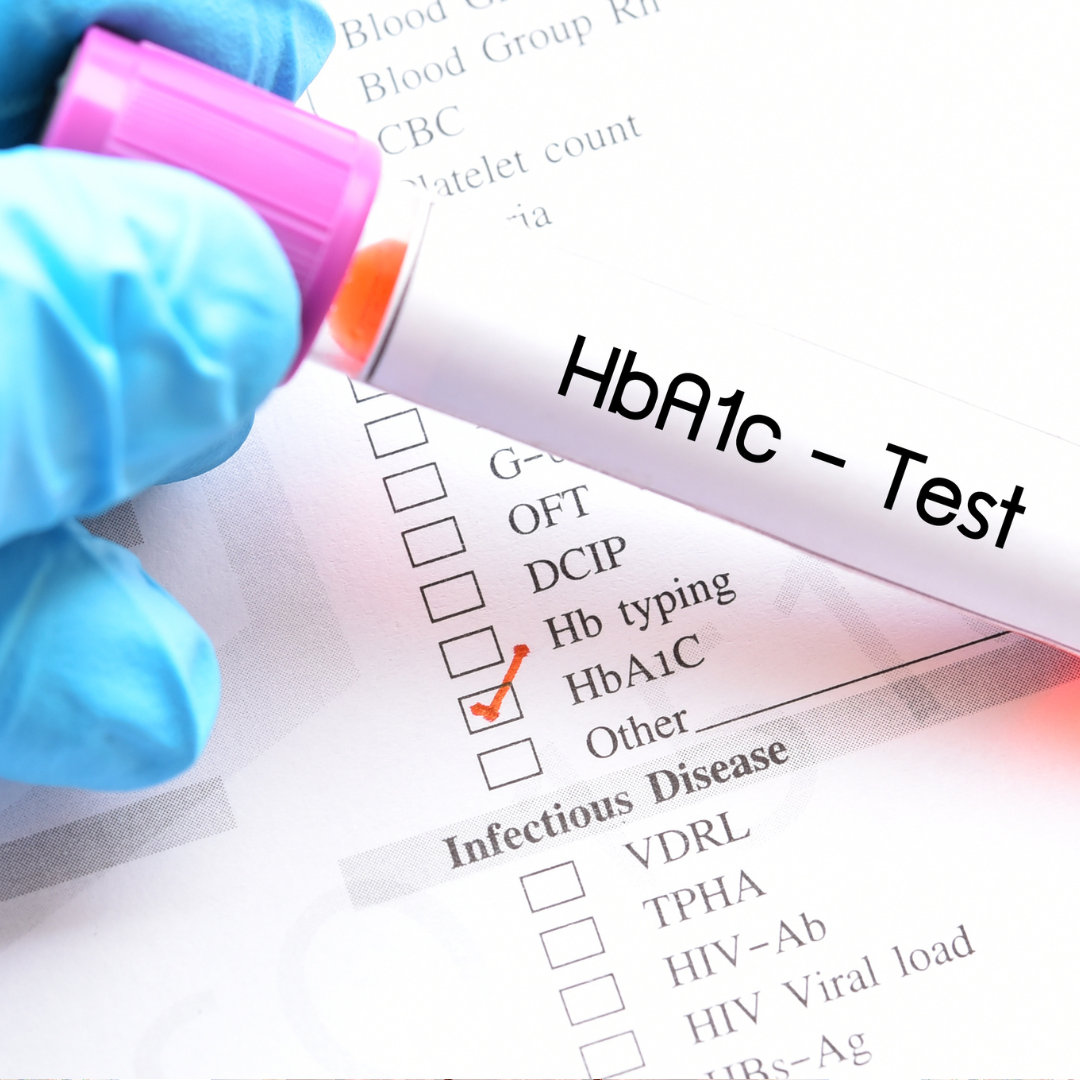The level of glycated haemoglobin (GHb), also known as glycohemoglobin, is influenced by the amount of glucose present in the bloodstream throughout the 120-day lifespan of a red blood cell (RBC). Therefore, measuring GHb provides an average of blood sugar levels over the preceding 100 to 120 days. Higher exposure of RBCs to glucose leads to an increase in the percentage of GHb.
An important benefit of this test is its independence from short-term fluctuations such as food intake, exercise, stress, or hypoglycaemic medications, allowing samples to be collected at any time. However, since RBCs have a lifespan of about 120 days, GHb levels may not promptly reflect recent changes in glucose levels.
GHb or glycated protein tests are particularly useful for the following purposes:
- Assessing patient adherence to and success of treatment plans
- Comparing the effectiveness of previous and current diabetic therapies
- Determining the duration of hyperglycaemia in newly diagnosed diabetes patients
- Providing a sensitive estimate of glucose imbalance in patients with mild diabetes
- Tailoring diabetic control regimens to individual needs
- Offering positive reinforcement to patients by demonstrating good diabetic control
- Evaluating diabetic patients with significant daily fluctuations in glucose levels (brittle diabetes)
- Distinguishing between short-term hyperglycemia in non-diabetic patients (e.g., due to recent stress or myocardial infarction) and persistent hyperglycemia in diabetic patients
Our HbA1c test kit provides fast and reliable results within 24-48 hours.






